Šešelj: My friends, Mladić and Karadžić
Vojislav Šešelj referred to information obtained from his “friend, Ratko Mladić” in refuting the testimony of witness Safet Sejdić at the Hague yesterday.
Wednesday, 18.06.2008.
15:53

Vojislav Seselj referred to information obtained from his “friend, Ratko Mladic” in refuting the testimony of witness Safet Sejdic at the Hague yesterday. Last week Sejdic testified that in 1993, during the Republica of Srpska Army’s (VRS) attack on the Nisicka Plain near Olovo, he had seen Seselj along with Radovan Karadzic, Ratko Mladic and other commanders, including “chetnic” Vasilije Vidovic. Seselj: My friends, Mladic and Karadzic The witness claimed that he had heard Seselj telling Serb soldiers “not to leave anything alive,” while the VRS’s armored vehicles and other weaponry opened fire on Crna Rijeka village. During cross-examination, Seselj said that he had obtained information from his “friend Ratko Mladic that he couldn’t remember where he was” on November 9, 1993—the day when, according to him, the attack started—“but that he had most certainly not been anywhere near Nisic Plain.” "My friend Ratko Mladic also said that the Serb Army high command would never have allowed three such important Serb military and political figures to be at the same place at once because a single grenade could have killed us all in one go, and the damage would have been immeasurable,” the defendant claimed. Later, Seselj also referred to information he had allegedly indirectly received from his “friend Radovan Karadzic” last weekend. Prosecutor Gilles Dutertre and Judge Jean-Claude Antonetti (presiding) asked Seselj to speak about his alleged contact with Mladic in more depth, but he refused. He repeated that he would “rather die” than provide the court with information about his “friends”, Karadzic and Mladic. Karadzic, the former Republika of Srpska president, and Mladic, the VRS commander-in-chief are wanted by the Tribunal for genocide and crimes against humanity against the non-Serb population during the war in Bosnia-Herzegovina. Seselj also claimed that Sejdic’s testimony was irrelevant to the trial. In his testimony, Sejdic said that he had been part of a VRS brigade’s “work division”, and that he had been forced to dig trenches on the frontlines around Sarajevo. He also said that members of that guard had also been used as a “human shield”. Seselj denied that the prosecution had managed to prove any kind of connection between the Serb Radical Party and what Sejdic went through. After Seselj had finished cross-examining Sejdic, the trial continued at a closed session with testimony from a new prosecution witness. The Serb Radical Party leader is accused of crimes against the non-Serb population in Croatia, Vojvodina and Bosnia-Herzegovina from 1991 until 1993.
Šešelj: My friends, Mladić and Karadžić
The witness claimed that he had heard Šešelj telling Serb soldiers “not to leave anything alive,” while the VRS’s armored vehicles and other weaponry opened fire on Crna Rijeka village.During cross-examination, Šešelj said that he had obtained information from his “friend Ratko Mladić that he couldn’t remember where he was” on November 9, 1993—the day when, according to him, the attack started—“but that he had most certainly not been anywhere near Nišić Plain.”
"My friend Ratko Mladić also said that the Serb Army high command would never have allowed three such important Serb military and political figures to be at the same place at once because a single grenade could have killed us all in one go, and the damage would have been immeasurable,” the defendant claimed.
Later, Šešelj also referred to information he had allegedly indirectly received from his “friend Radovan Karadžić” last weekend.
Prosecutor Gilles Dutertre and Judge Jean-Claude Antonetti (presiding) asked Šešelj to speak about his alleged contact with Mladić in more depth, but he refused.
He repeated that he would “rather die” than provide the court with information about his “friends”, Karadžić and Mladić.
Karadžić, the former Republika of Srpska president, and Mladić, the VRS commander-in-chief are wanted by the Tribunal for genocide and crimes against humanity against the non-Serb population during the war in Bosnia-Herzegovina.
Šešelj also claimed that Sejdić’s testimony was irrelevant to the trial.
In his testimony, Sejdić said that he had been part of a VRS brigade’s “work division”, and that he had been forced to dig trenches on the frontlines around Sarajevo. He also said that members of that guard had also been used as a “human shield”.
Šešelj denied that the prosecution had managed to prove any kind of connection between the Serb Radical Party and what Sejdić went through.
After Šešelj had finished cross-examining Sejdić, the trial continued at a closed session with testimony from a new prosecution witness.
The Serb Radical Party leader is accused of crimes against the non-Serb population in Croatia, Vojvodina and Bosnia-Herzegovina from 1991 until 1993.










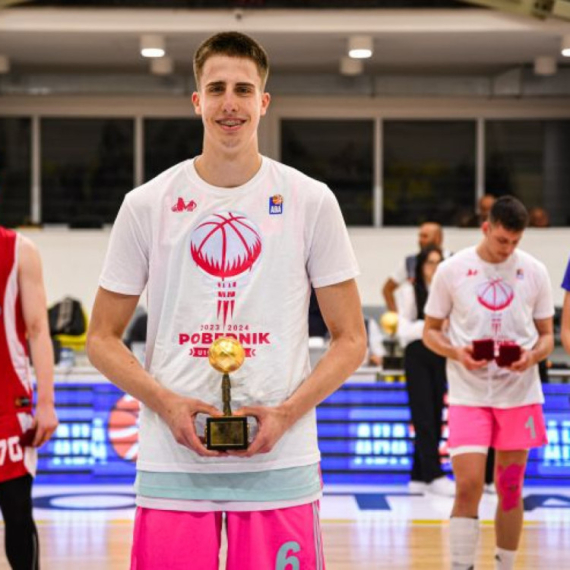
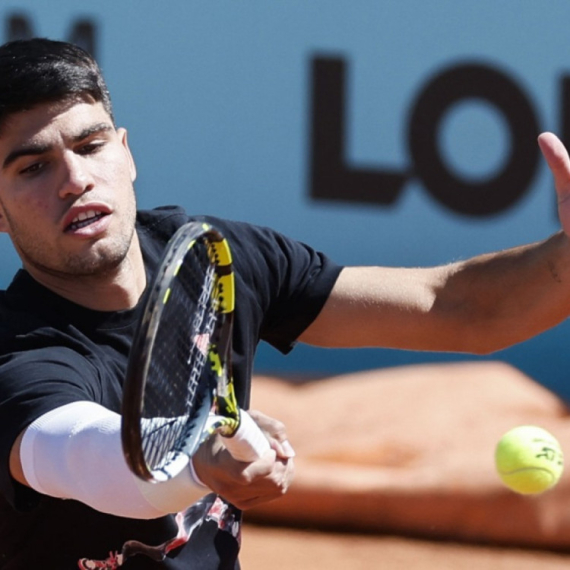
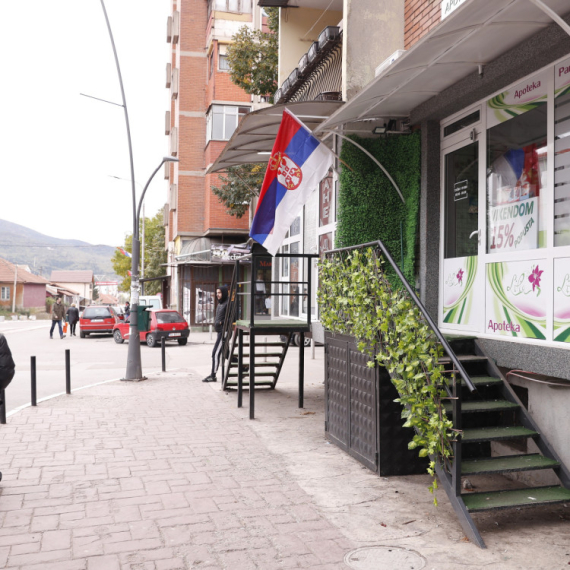
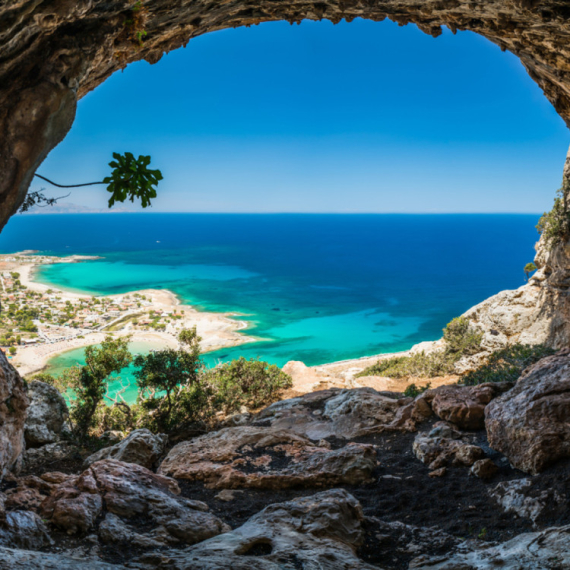

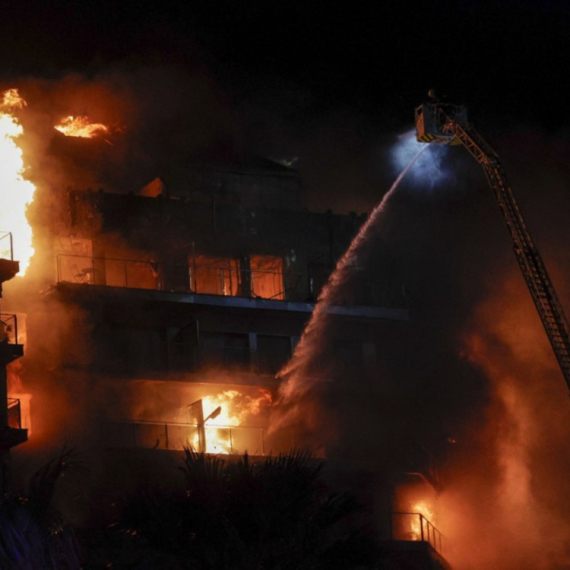
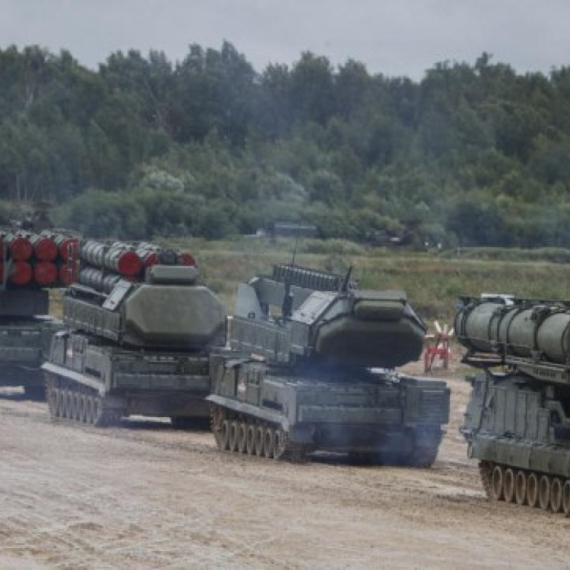
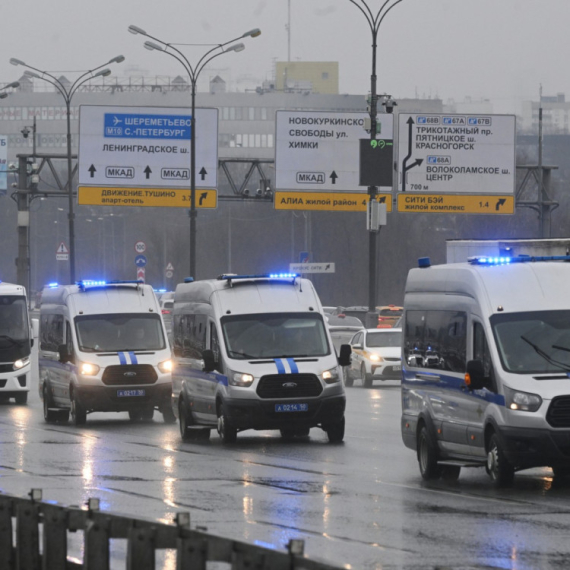
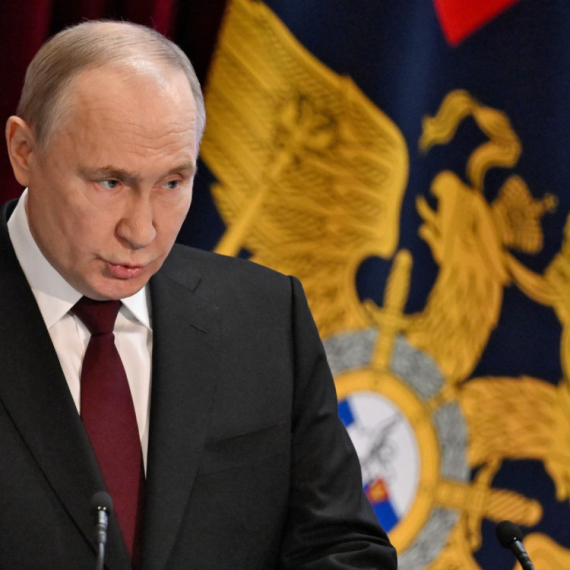
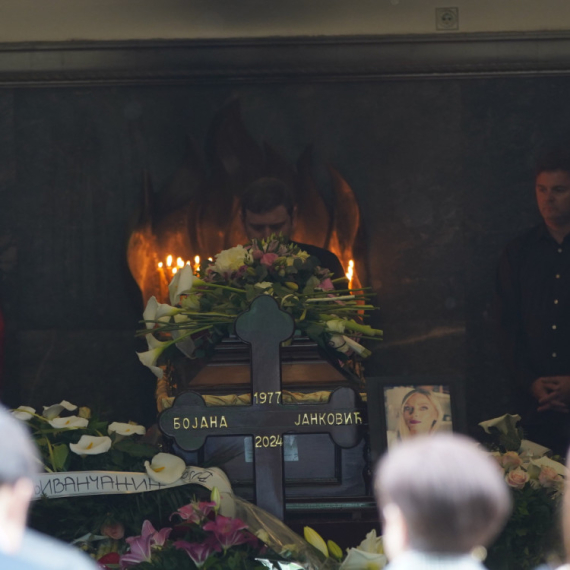
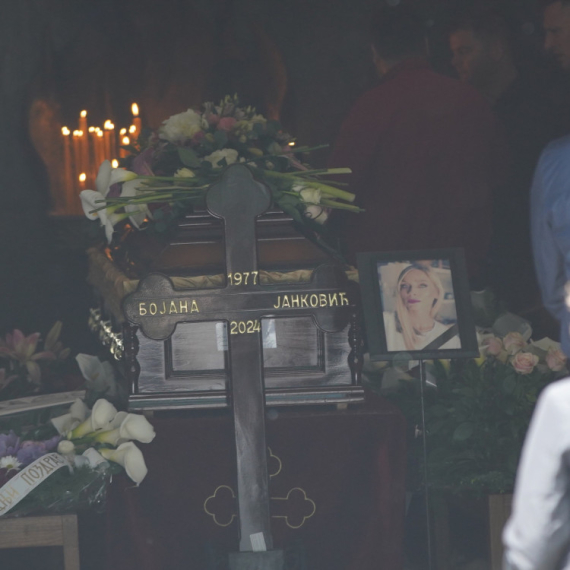
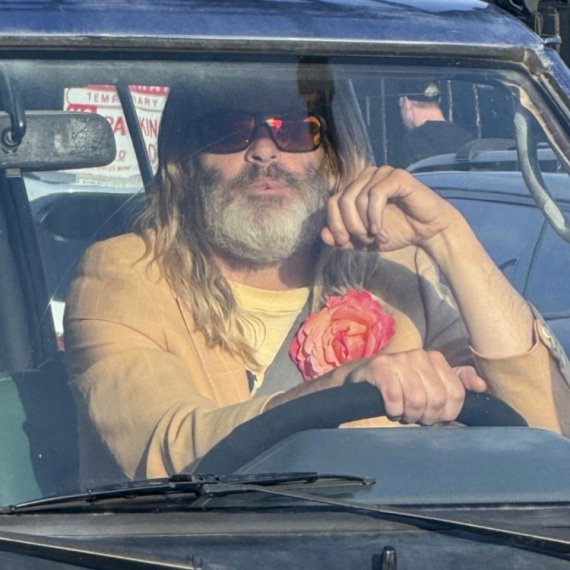

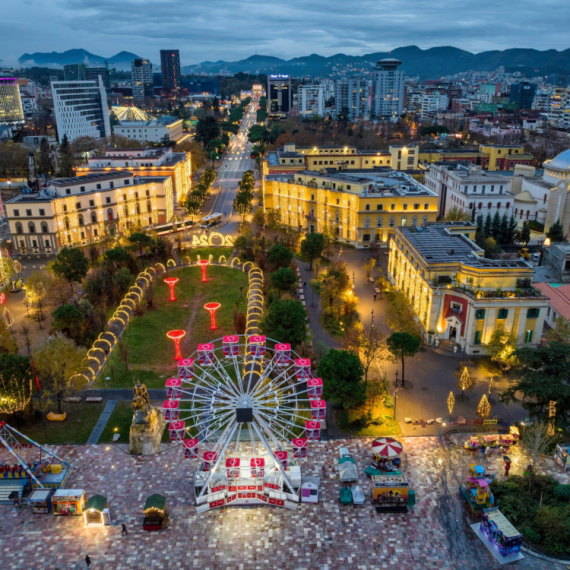






Komentari 5
Pogledaj komentare